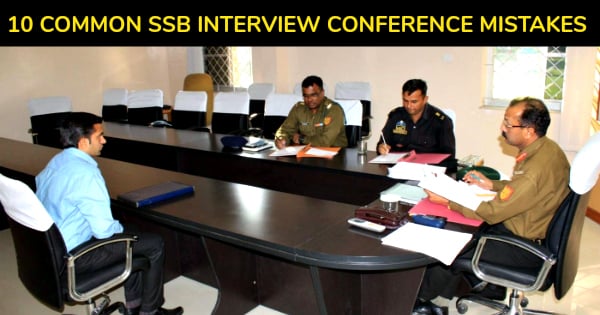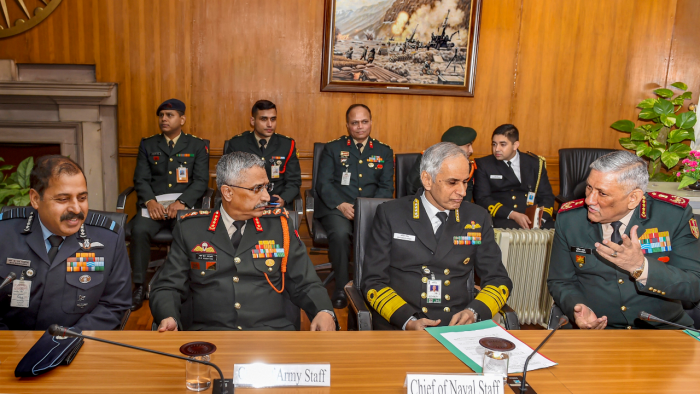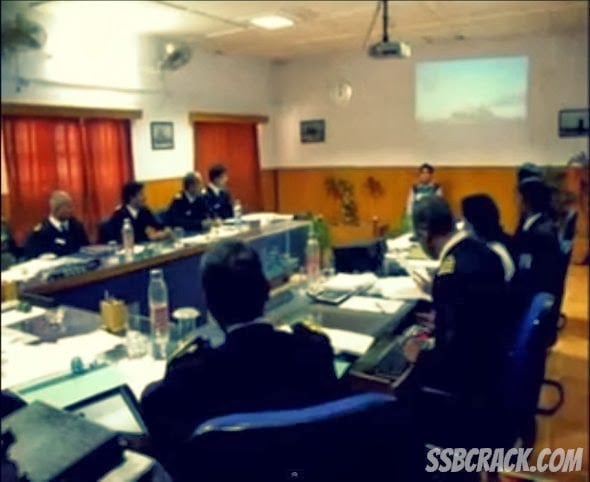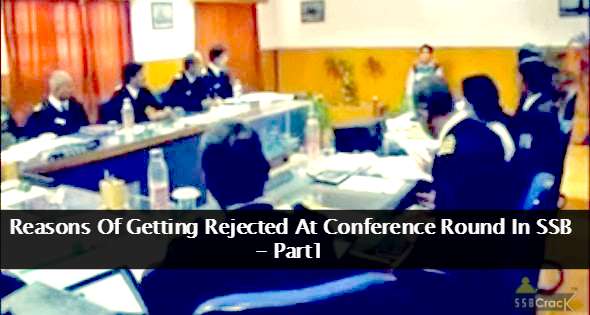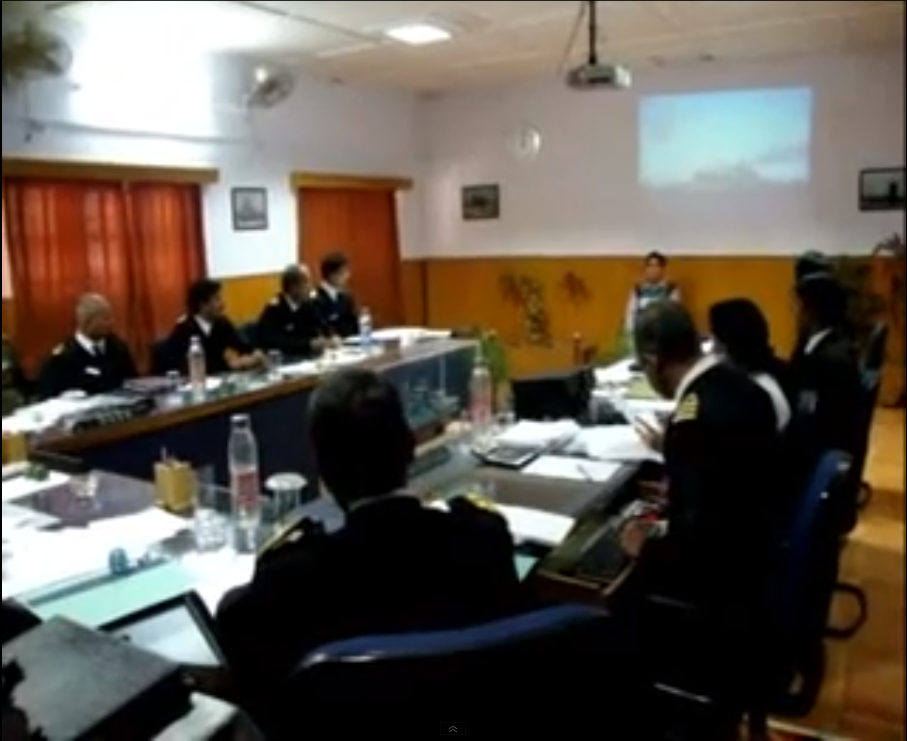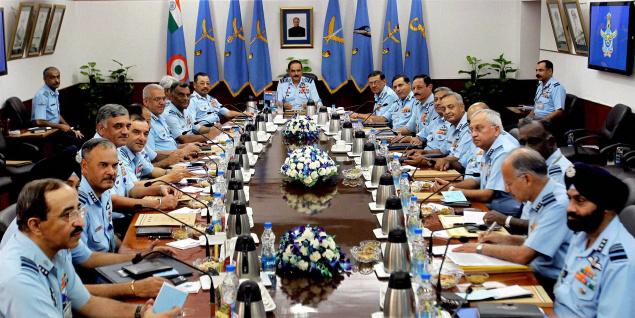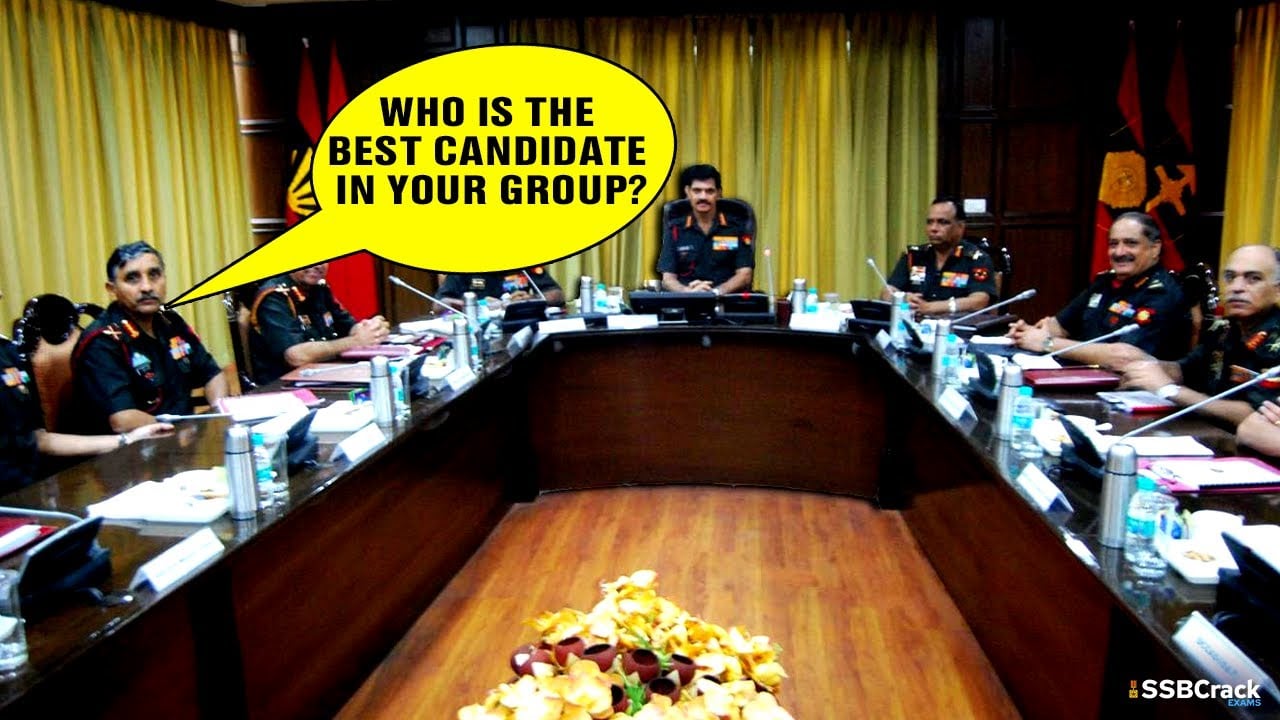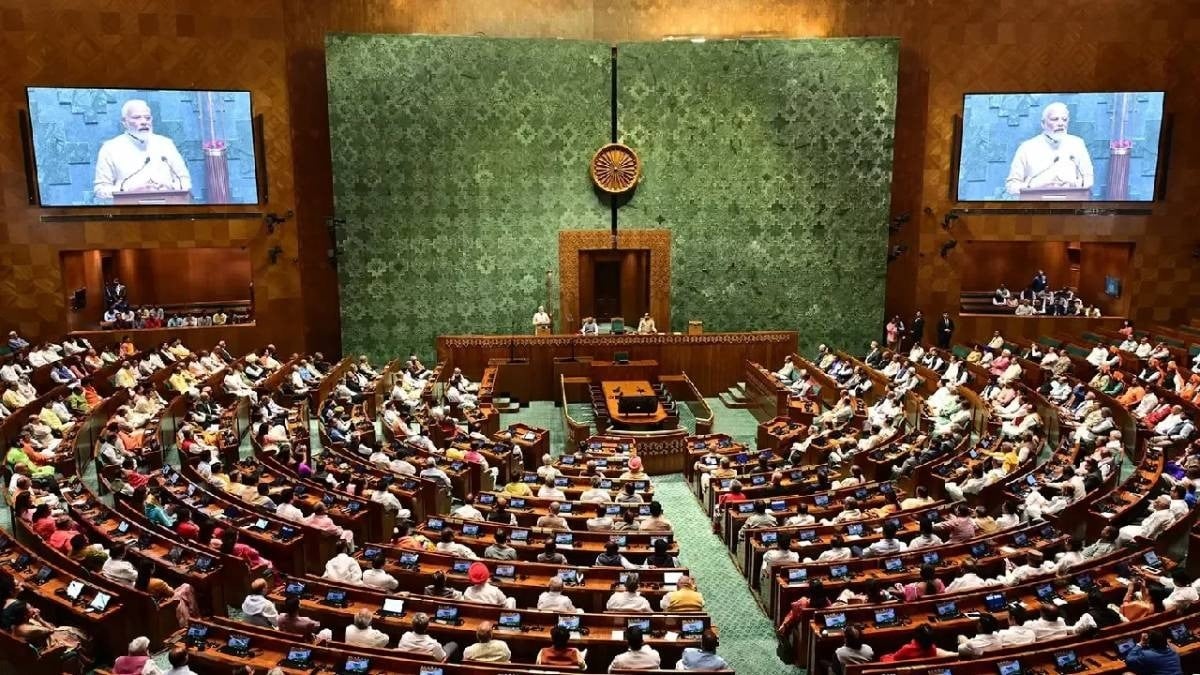The conference marks the culmination of the Services Selection Board (SSB) assessment process, where the panel of assessors gathers to discuss and evaluate each candidate’s performance throughout the selection stages. This final meeting involves the Interviewing Officer (IO), the Psychologist, and the Group Testing Officer (GTO), who share their observations and collectively decide whether to recommend a candidate for further consideration in military services.
Typically, the nature of the conference varies significantly depending on the candidate’s perceived suitability. Candidates who are clearly fit for the service or those who are obviously unsuitable usually have a brief conference. On the other hand, candidates who fall into a borderline category tend to have longer discussions as the assessors deliberate intensely on various aspects of their performance.
During the conference, candidates should understand that there is limited scope for earning additional points. It’s mostly about maintaining decorum, being attentive, and thoughtfully responding to any questions posed by the assessors. Candidates should keep in mind some common pitfalls to avoid during this critical session.
One prevalent mistake is suggesting corrections to the assessors. Candidates may feel compelled to comment on various aspects of the SSB experience, such as food quality or facilities, under the impression that it showcases their critical thinking. However, this often comes across as poor etiquette, considering the board has provided these services at no cost. Constructive feedback can be invaluable only if it provides real improvements rather than being superficial complaints.
Another common error involves airing grievances about support services, such as laundry issues or staff behavior. It’s vital for candidates to embody professionalism and treat all support staff respectfully, addressing any concerns directly and discreetly rather than during the conference.
Candidates must also remain aware of their conduct, particularly regarding non-verbal cues. For instance, some conference venues feature screens displaying candidates’ marks behind them. It’s crucial to resist the urge to look back, as this can distract from the proceedings and raise suspicions.
Upon entering the conference room, candidates should adhere to formalities by greeting only the president of the board, typically the senior-most officer, and avoid engaging with other assessors until invited to do so.
A recurring theme observed among certain candidates, especially repeaters or those familiar with military life, is a tendency to get overly comfortable with Non-Commissioned Officers (NCOs). This informality can undermine the professionalism expected in such assessments and should be avoided.
Additionally, candidates often misunderstand the appropriateness of their attire on the final day. Even if they feel secure in their standing, presenting oneself well—from wearing appropriately ironed clothes to ensuring proper tie etiquette—is important. The last day is still part of the overall assessment, and a relaxed appearance can reflect a lack of seriousness.
Inquisitiveness about peers’ conferences can also lead to distractions. Each candidate’s experience is unique, and comparing oneself to others can create unnecessary anxiety. Candidates should focus on their own performance rather than speculating about others’ evaluations.
Time management during the conference is crucial. Candidates should avoid lengthy expressions of thanks or unnecessary comments; the assessors need to finalize their decisions efficiently without being delayed by idle chit-chat.
Preparation for potential questions should not be overlooked. It is advantageous for candidates to reflect on their earlier interview questions and be ready to address any clarifications during the conference. If unsure about a question, acknowledging one’s limitations is preferable to stumbling through an answer.
Lastly, candidates are encouraged to avoid overthinking what occurs inside the conference room. Speculating about discussions can lead to undue stress and distraction from one’s performance. Instead, focus on maintaining a positive demeanor and a professional attitude.
In summary, while the conference itself might seem less directly consequential than other assessment rounds, the impression left during this stage is still significant. Avoiding common pitfalls, maintaining professionalism, and ensuring a positive attitude can leave a lasting impact when assessors finalize their evaluations. Thus, candidates should approach the conference with the same determination and focus as they did in earlier phases of the SSB process, ensuring they present themselves in the best light possible.
